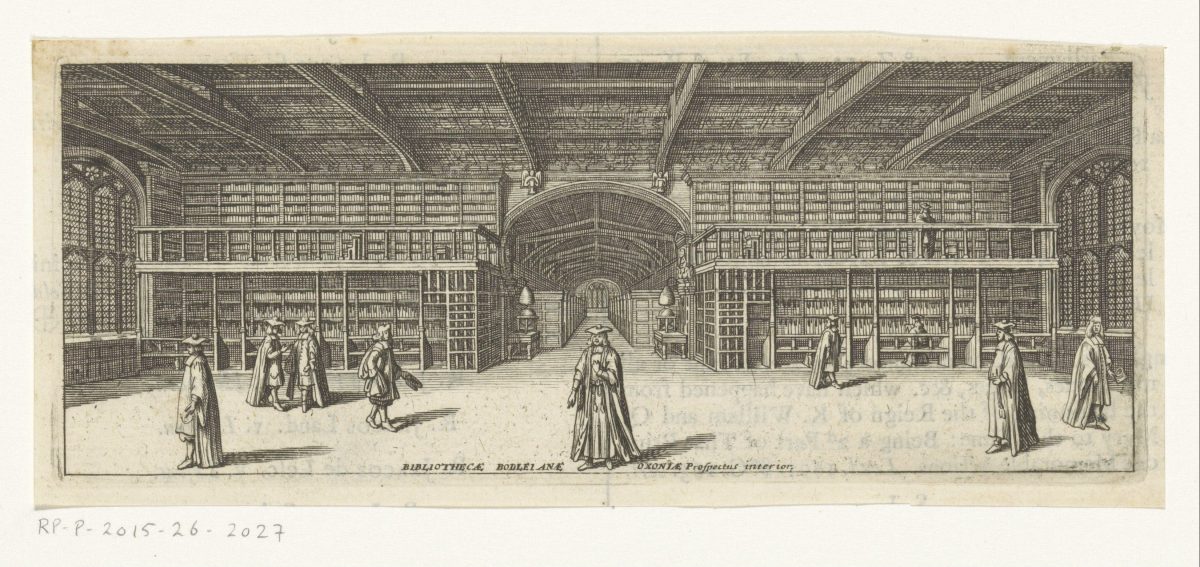Higher education teaching and learning in further education colleges is on the rise across the UK. According to statistics released by the Association of Colleges, colleges provide 82% of Higher National Certificates, 82% of Higher National Diplomas and 59% of Foundation Degrees in England.
In 2017-18, higher education entrants at colleges accounted for 26.3% of all higher education entrants in Scotland. In Wales, the number of students enrolling on higher level courses at further education colleges has risen by 20% in the last three years. Northern Ireland’s six further education colleges operate across over 40 campuses and through over 400 outreach community locations. Each college offers a variety of higher education programmes including HNCs, foundation degrees, apprenticeships, degrees and other specific training programmes.
To support the growth of HE in FE, Jisc has negotiated several agreements with publishers to make academic journals more affordable for further education colleges.
Why do students study HE in FE?
Further education colleges are the main providers of vocational and technical education and training. By recognising the strategic importance of colleges in this area, we can understand the central role they play in raising levels of literacy and numeracy and in up-skilling and re-skilling through a broad range of courses.
The 2015 review of higher education in further education institutions by the Welsh government identified the range of higher level provision provided by the sector. This included progression opportunities from level 3 programmes to meet the needs of specific skill sectors.
Colleges offer local opportunities for students to pursue careers without incurring the costs associated with relocating to another part of the country. Intermediate higher education provision at levels 4 and 5 plays a crucial role in bridging the skills gap and supporting regional economic growth.
What are the barriers to provision?
The rise in higher level teaching and learning in further education has taken place against a backdrop of significant funding cuts to the sector. Since 2010-11, funding per student for 16 to 18 year-olds has fallen by 8% in real terms. Meanwhile, funding for adult education has fallen by 45% since 2009-10.
Access to journal content that support higher education is often unaffordable for FE colleges. In 2014, RLUK estimated that UK universities paid around £192m per year for access to academic journals and databases.
How is Jisc helping colleges?
To address this disparity, Jisc has negotiated a series of agreements with publishers of academic journals content to support the sector by providing affordable access. On average, our analysis indicates that journals collections are £9,000 cheaper for further education colleges if purchased through a Jisc agreement.
Although further education colleges may only require access to a small number of journals, it is often more cost effective to subscribe to a collection, particularly as some agreements contain maintained subscriptions clauses, which could increase costs as college expands its journals collection.
To help colleges navigate these collections, we have created a bespoke HE in FE page in licence subscriptions manager to provide the following:
- An overview of all publisher agreements
- A list of subject areas within these collections
- Links to our catalogue pages
- Downloadable title lists
This will enable colleges to identify which collections can support their higher education provision by searching for individual journals, or by simply considering a broader subject area.
Testimonial
Ross McDonald, Library & Information Services Manager at Belfast Metropolitan College, has subscribed to several HE in FE journals agreement through Jisc. Ross explains that “as a large mainly FE College which currently runs several HE courses, it is important to us that we can offer similar resources for students that would be accessible to them on similar courses at a university. With lower budgets and spending capacity in the FE sector, this is very challenging.
Jisc has managed to negotiate a number of excellent deals with publishers and these have matched many of the HE courses that we offer, particularly in areas such as Health and Social Care, Social Work and Business. By purchasing through Jisc, we have been able to access resources at more affordable prices than going directly through the publishers. Feedback from students and academic staff has been very positive.”
In the ever-changing landscape of further and higher education, innovation is key in ensuring that all students’ needs are met. By developing cost effective solutions that address the needs of FE colleges, Jisc can continue to support HE in FE as it evolves in the years to come.


